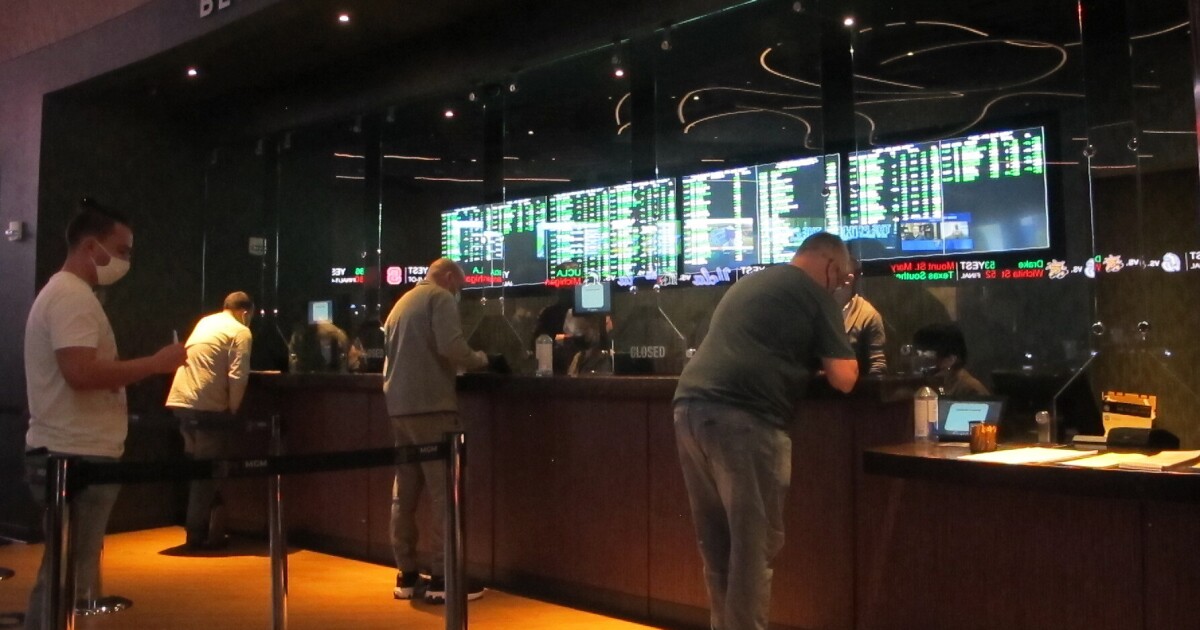The Rise of Illegal Gambling in Bhamo Town: A Closer Look at a Growing Concern
In recent months, Bhamo Town in Kachin State, Myanmar, has witnessed an alarming surge in illegal gambling dens, prompting concerns from residents and community leaders alike. Despite the country’s complete ban on gambling, these establishments have proliferated, creating a troubling environment for the local population.
An Underreported Crisis
As illegal gambling becomes increasingly commonplace, local authorities’ inaction has raised eyebrows. According to residents, gambling dens have emerged in various downtown wards, with little to no efforts made to curb their operations. A resident from Thein Taw Gyi Ward expressed frustration, stating, “Gambling dens are popping up everywhere. Gambling is causing arguments between husbands and wives.” This sentiment resonates with many, indicating a ripple effect that gambling is having on family dynamics and social stability in the community.
Economic Hardship and Escapism
The rise of these gambling establishments occurs against a backdrop of economic hardship faced by many in Bhamo Town. With the local economy struggling, the allure of gambling offers an escape, albeit a dangerous one, for those seeking immediate gratification. An increasing number of people, including young boys, have turned to gambling, even amid food scarcity. Residents have noted a troubling increase in robberies and thefts, suggesting that those ensnared by gambling addiction are often driven to desperate measures to finance their habits.
One local resident remarked on the dire situation, stating, “At this time there are no jobs and everyone is struggling. Even though there is no food available people are still flocking to the gambling dens.” This contradiction—where financial desperation leads to gambling instead of traditional work—captures the essence of a community in turmoil.
Increasing Crime and Social Discontent
The influx of gambling dens has not only affected individual households but has also contributed to a broader rise in crime within Bhamo Town. Reports of theft have become more commonplace, with thieves brazenly stealing clothes directly off store racks. Such actions highlight the desperation of those affected by gambling addiction, illustrating how the vice intertwines with rising crime rates in the area.
The Sociopolitical Context
Compounding these issues is the overarching sociopolitical landscape in Myanmar. Although the junta currently controls Bhamo Town, surrounding rural areas are primarily governed by the Kachin Independence Army (KIA) and the People’s Defence Forces (PDFs). This division has resulted in limited job opportunities as fighting has led many to avoid leaving their homes for fear of conscription. Women have sought work in border regions while men remain behind, further straining household incomes and propelling some to turn to illegal gambling as a potential solution for financial issues.
Authorities Turning a Blind Eye
Despite the numerous complaints from residents regarding the proliferation of illegal gambling, local authorities appear to focus their attention elsewhere. There are reports that law enforcement plans to crack down on offenses such as unlicensed motorcycle riding instead of addressing the more pressing issue of illegal gambling. This choice raises questions about the priorities of local governance and the commitment to safeguarding community welfare.
The Path Forward
Addressing the surge of illegal gambling in Bhamo Town will require comprehensive strategies that not only target the gambling dens themselves but also consider the socio-economic factors driving individuals to gamble. Community engagement initiatives, job creation programs, and addiction support services may be necessary to fill the void left by current economic struggles and to combat the rise of gambling-related crime.
As Bhamo Town navigates this difficult terrain, the voices of its residents must be heard. Their insights and experiences provide critical context to the challenges that underpin illegal gambling, highlighting the urgent need for action to restore community stability and well-being. The situation demands vigilance, advocacy, and action to bring about meaningful change, ensuring that families can heal, thrive, and escape the grips of gambling addiction.













